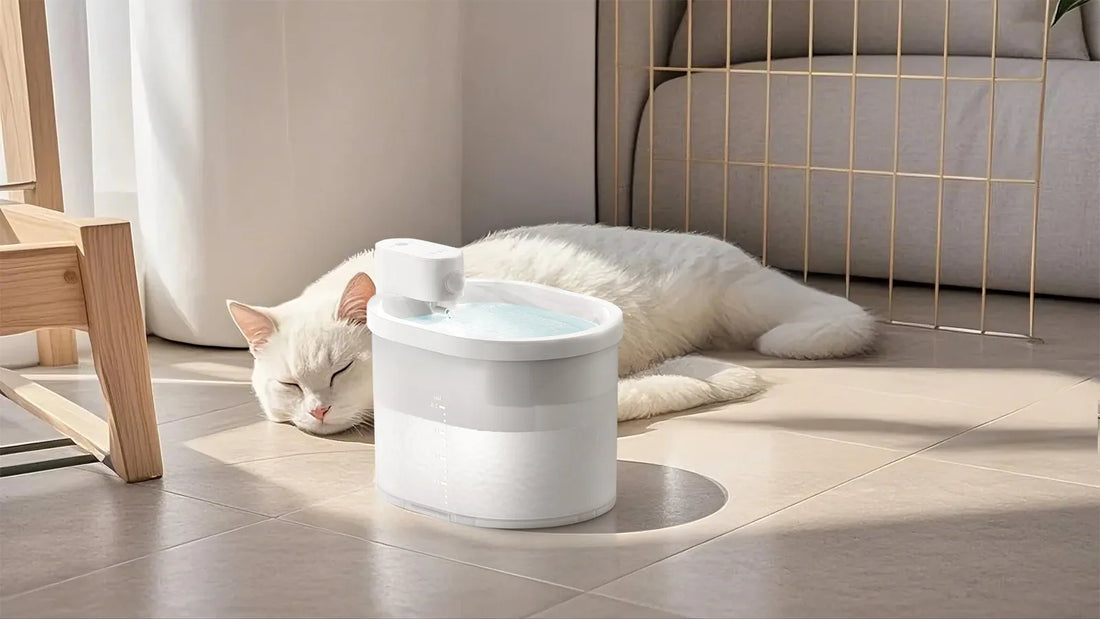Have you ever given your dog a bath, only to find that they still smell less than fresh? It’s a common frustration for many pet owners. While baths are supposed to leave your dog smelling clean and pleasant, sometimes the opposite happens. Let’s dive into the reasons why your dog might stink after a bath and explore practical solutions to tackle this issue.
1. Residual Shampoo or Conditioner
One of the most common reasons your dog might stink after a bath is leftover shampoo or conditioner. If not rinsed thoroughly, these products can leave a residue on your dog’s skin and fur. This residue can trap dirt, bacteria, and oils, leading to an unpleasant odor. Always ensure you rinse your dog thoroughly, paying extra attention to areas like the underbelly, armpits, and behind the ears.
2. Wet Fur and Skin
Dogs have a natural odor that can become more pronounced when their fur and skin are wet. Moisture can amplify the smell of oils and bacteria on your dog’s skin, making them smell worse after a bath. To minimize this, make sure to dry your dog thoroughly after their bath. Use a clean towel or a pet-safe dryer to remove as much moisture as possible.
3. Underlying Skin Conditions
If your dog has an underlying skin condition, such as yeast or bacterial infections, it could be the reason they still smell after a bath. These conditions often produce a distinct odor that can persist even after washing. If you suspect your dog has a skin issue, consult your veterinarian for a proper diagnosis and treatment plan.
4. Anal Gland Issues
Anal glands are small sacs located on either side of your dog’s anus that produce a strong-smelling fluid. If these glands become impacted or infected, they can release a foul odor that lingers even after a bath. Regular anal gland expression by a professional groomer or veterinarian can help prevent this issue.
5. Ear Infections
Ear infections are another common cause of unpleasant odors in dogs. If your dog’s ears are not cleaned properly during a bath, moisture can get trapped, leading to infections. Regularly check and clean your dog’s ears to prevent infections and the associated odors.
6. Diet and Digestive Health
Your dog’s diet can also play a role in how they smell. Certain foods can cause digestive issues, leading to gas or other odors that can be noticeable even after a bath. Ensure your dog is eating a balanced diet and consult your vet if you notice any digestive problems.
7. Environmental Factors
Sometimes, the environment your dog spends time in can contribute to their odor. Rolling in dirt, mud, or other substances can leave a lingering smell even after a bath. Keep your dog’s living area clean and try to limit their exposure to strong-smelling substances.
8. Improper Grooming Techniques
Using the wrong grooming techniques or products can also lead to a smelly dog. Always use pet-safe shampoos and conditioners that are appropriate for your dog’s skin type. Avoid over-bathing, as it can strip your dog’s skin of natural oils, leading to dryness and odor.
9. Dental Health
Bad breath can contribute to your dog’s overall odor. Poor dental hygiene can lead to plaque buildup, gum disease, and infections, all of which can cause a foul smell. Regular brushing and dental check-ups can help keep your dog’s mouth fresh and clean.
10. Stress and Anxiety
Stress and anxiety can cause your dog to produce more oils and sweat, leading to a stronger odor. If your dog seems stressed during bath time, try to make the experience more pleasant by using calming techniques or products.
Understanding why your dog stinks after a bath is the first step toward solving the problem. By addressing the underlying causes and using proper grooming techniques, you can keep your furry friend smelling fresh and clean. Remember, if the odor persists or is accompanied by other symptoms, it’s always best to consult your veterinarian for further advice.













